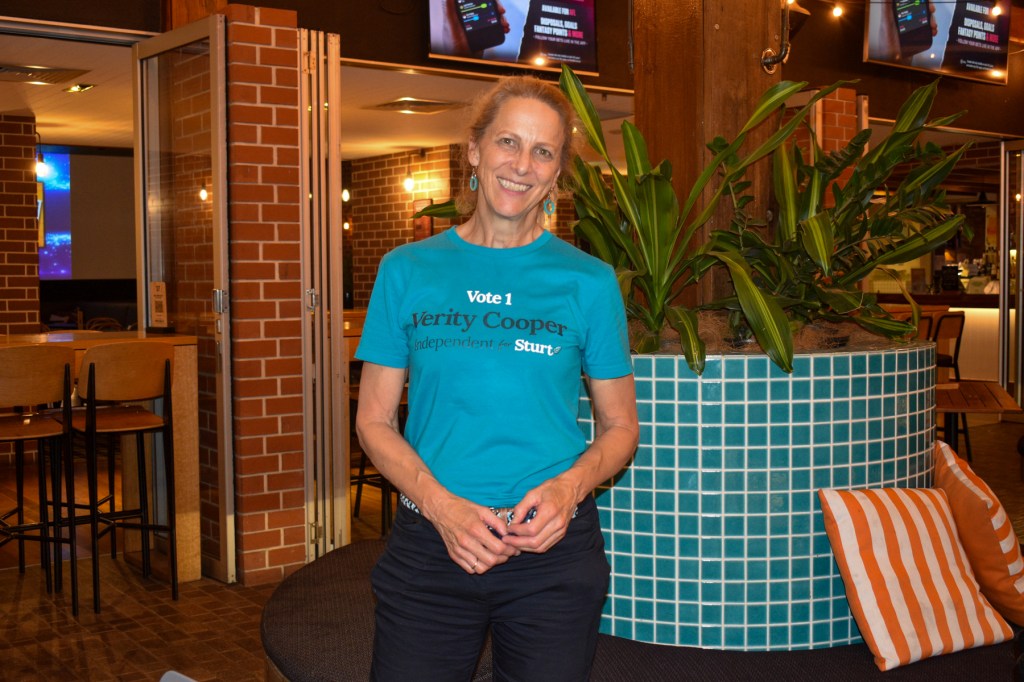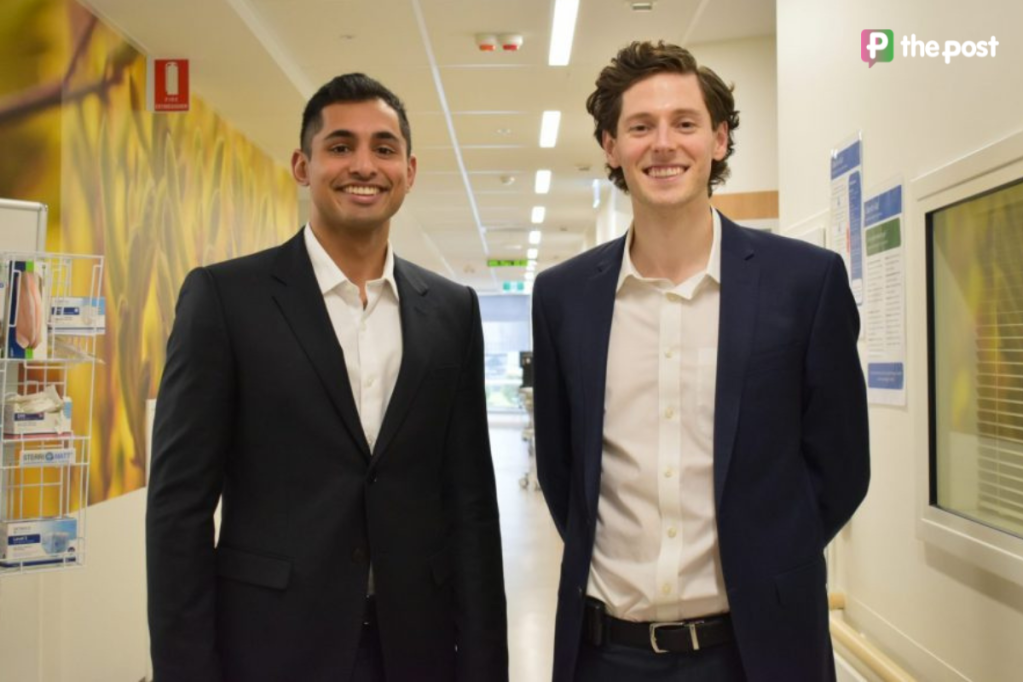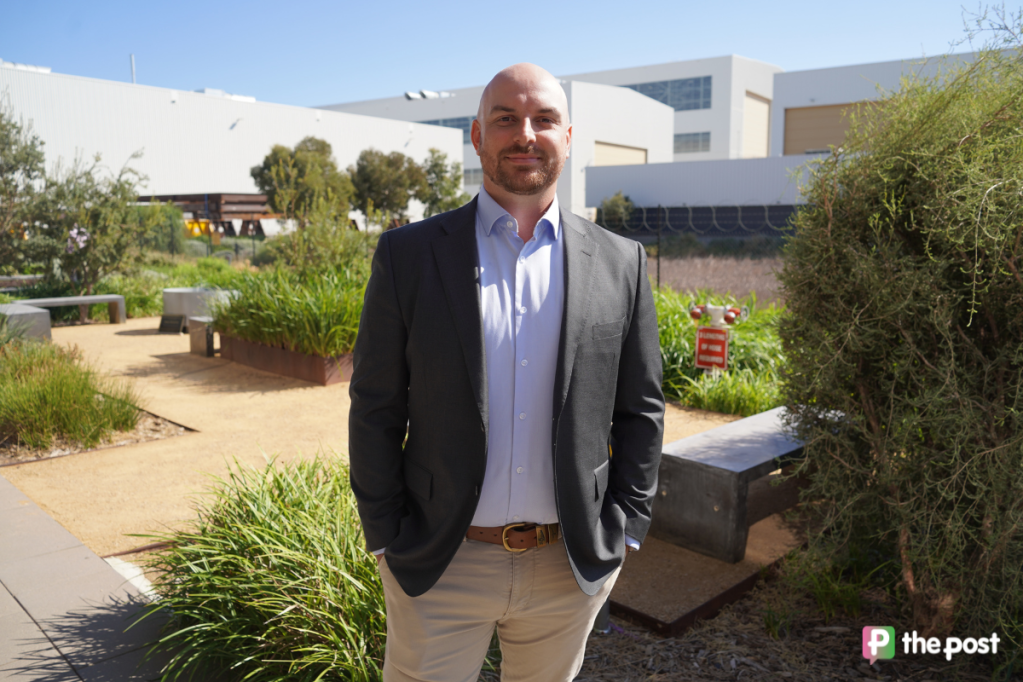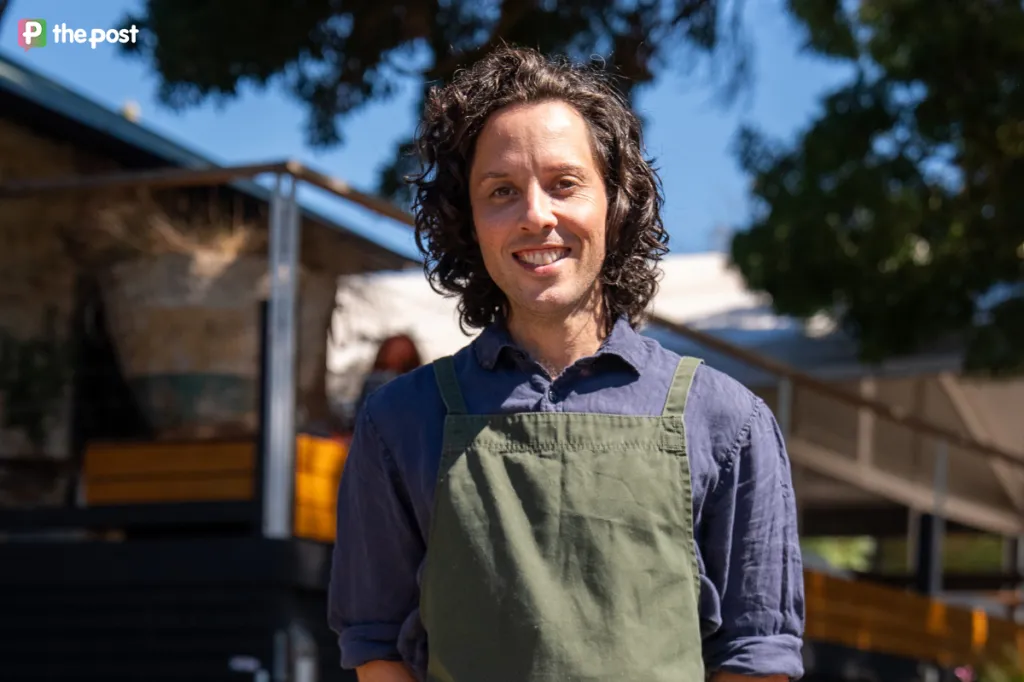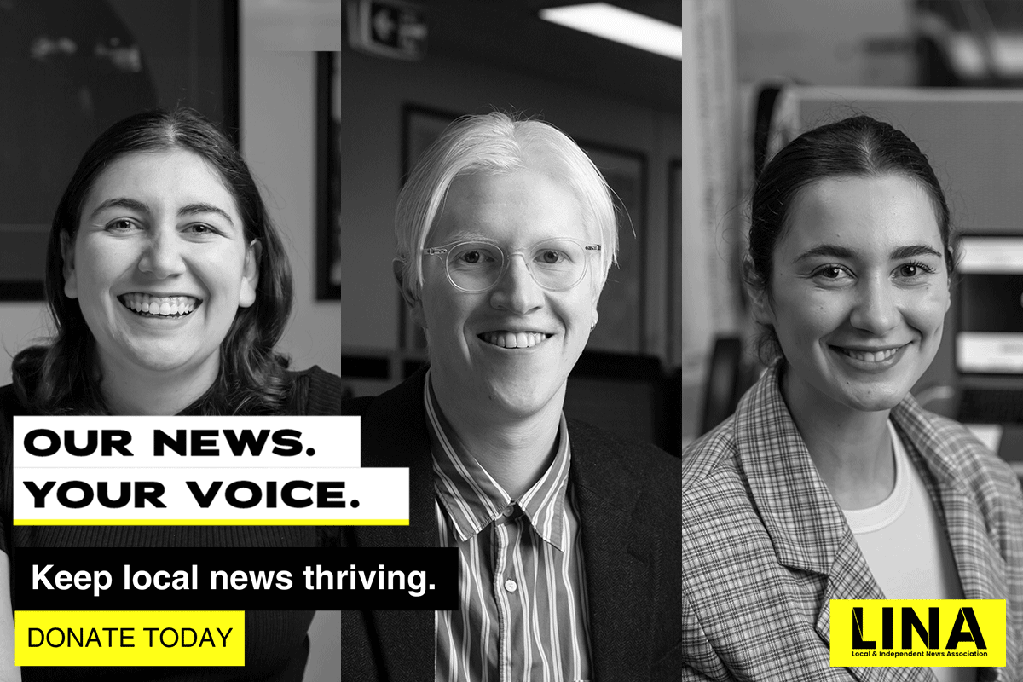Kate Ellis and Amelia Mulcahy are decoding baby brains for busy parents
Despite decades of evidence from researchers and experts on the critical role early childhood plays in a child’s overall health and future, there is ambiguity in how much of this evidence has been communicated to parents.
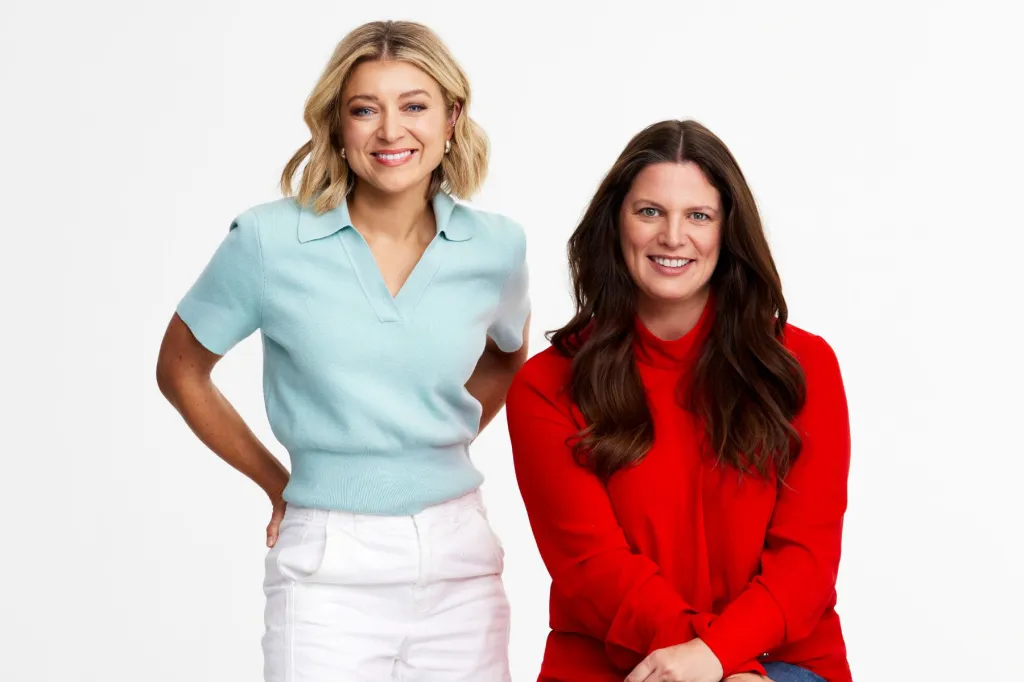
Between sleepless nights, endless nappies, and the constant worry of “am I doing enough?”, understanding the complex science behind a baby’s brain is the last thing a parent has the time for. But what if understanding your baby’s brain could make parenting a tad easier?
A new podcast, Words Grow Minds Parent Podcast, is hoping to do just that.
An extension of the Words Grow Minds public education campaign, the podcast aims to help parents set the foundation for their toddlers.
Hosted by Kate Ellis, CEO of Raising Literacy Australia and a former federal minister, and Amelia Mulcahy, 7NEWS journalist, the podcast features experts and researchers, breaking down the science into practical bite-sized advice for busy parents.
Talking about the purpose and approach of the podcast, Kate explains that despite decades of evidence from researchers and experts on the critical role early childhood plays in a child’s overall health and future, there is ambiguity in how much of this evidence has been communicated to parents. This is the gap the podcast aims to bridge.
You might like
“This is to give busy parents, stressed parents, a summary of these important issues, the practical tips, and the impact it can have on your baby,” Ellis told InDaily.
The urgency of sharing this knowledge is further emphasised with data from the Australian Early Development Census showing one in four South Australian children start school with developmental challenges in areas like social skills, emotions, language or thinking skills.
Featuring insights from leading experts and latest research, the podcast breaks down complex topics into straightforward tips, keeping each episode under 30 minutes, making it easy for parents to tune into on a walk or during a coffee break.
“We recognise that being a parent can be really hard and a lot of parents already feel a sense of guilt about whether they are doing enough or whether they are doing things right,” Ellis said.
Stay informed, daily
“This is about trying to provide reassurance and practical tips on easy things parents can do that can make a real difference to their child’s development.”
Addressing concerns that resonate with parents in the digital age, Kate explains how the podcast tackles key issues such as screen time for children while offering practical advice rather than unrealistic expectations.
“ One of the first episodes is with Mary Brushe, who is one of the world’s leading experts in screen time and the impact that it has on children,” she said.
“What I thought was really refreshing is that she provided the clear evidence on the impact it has on children, but was also realistic about saying, not every parent can completely ban their children from ever having screen time, but here are some tips on ways you can do it.”
Other episodes explore the science behind tantrums, helping to ease the pressure on parents by offering insight into what’s happening when their child has a meltdown.
As social media is filled with parenting tips that can be conflicting and misleading at times, a key focus of the podcast is sharing credible information and advice backed by science.
“We speak to the people who have credibility, who are experts, who have some really important insights in the field. But we also ask them to give us some of the resources that they recommend parents should go to,” Kate said.
“We want to make sure we are pointing people to quality information.”
Listeners can tune in on Spotify, Apple Podcast, and iHeart.
